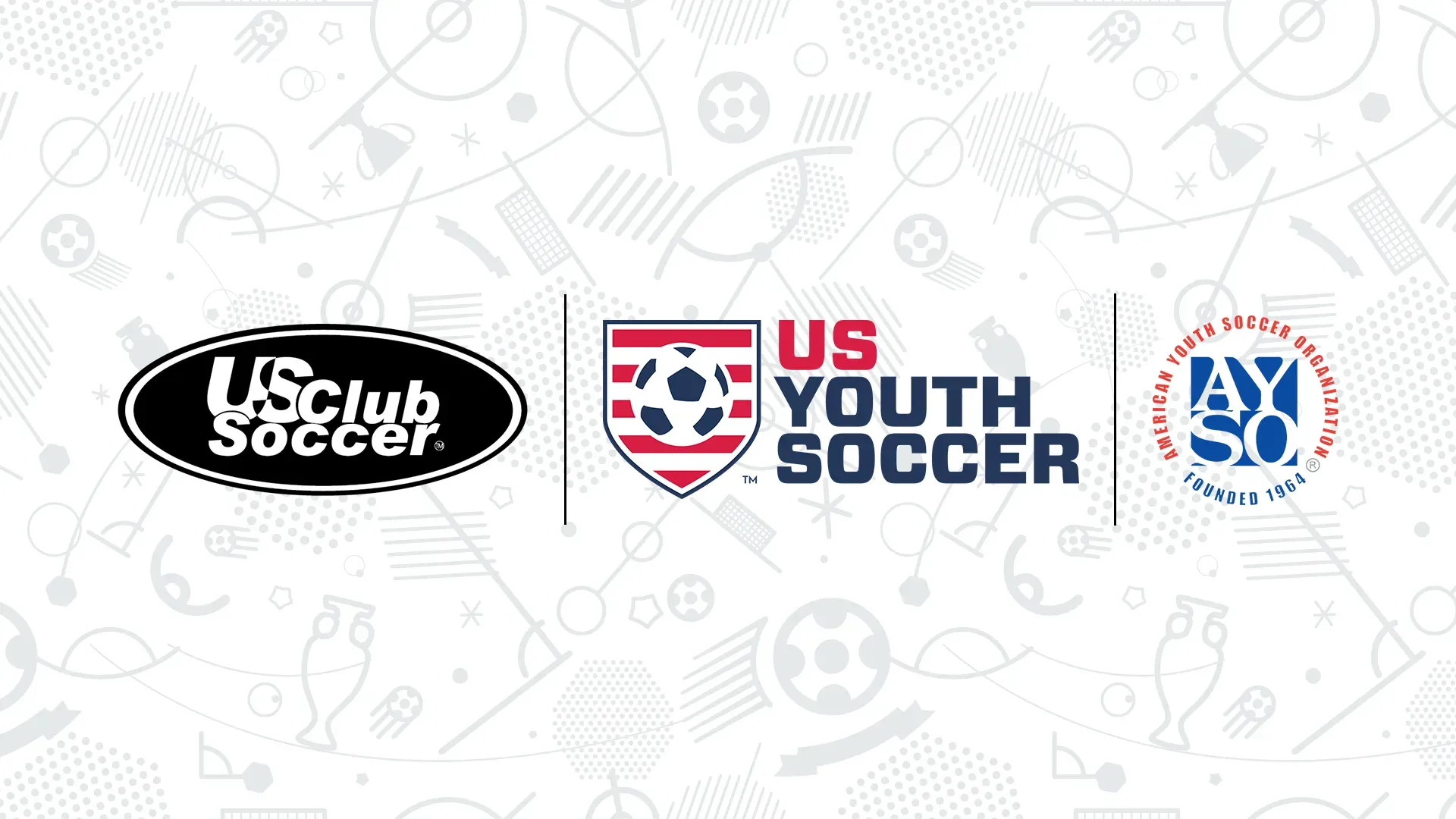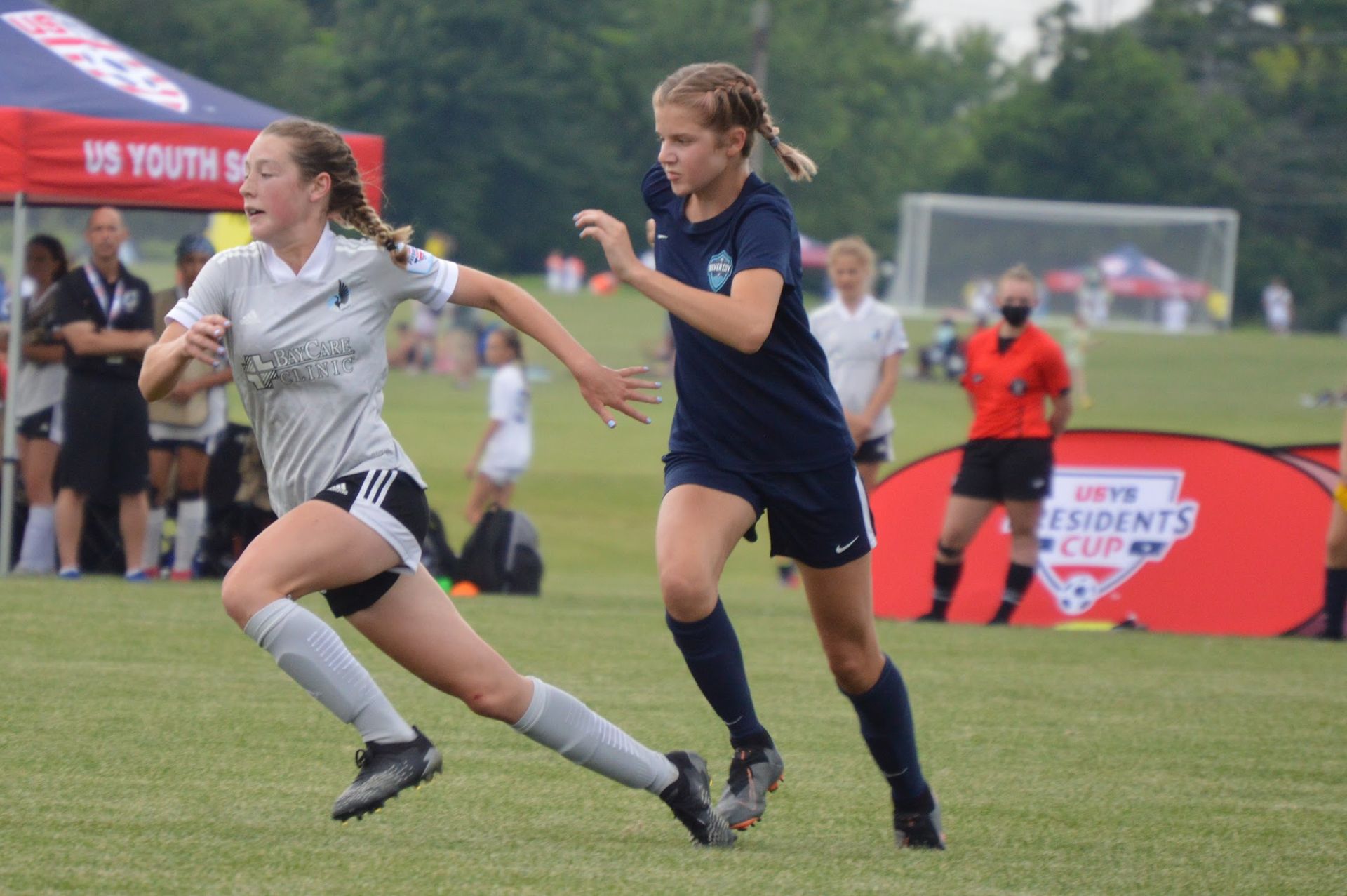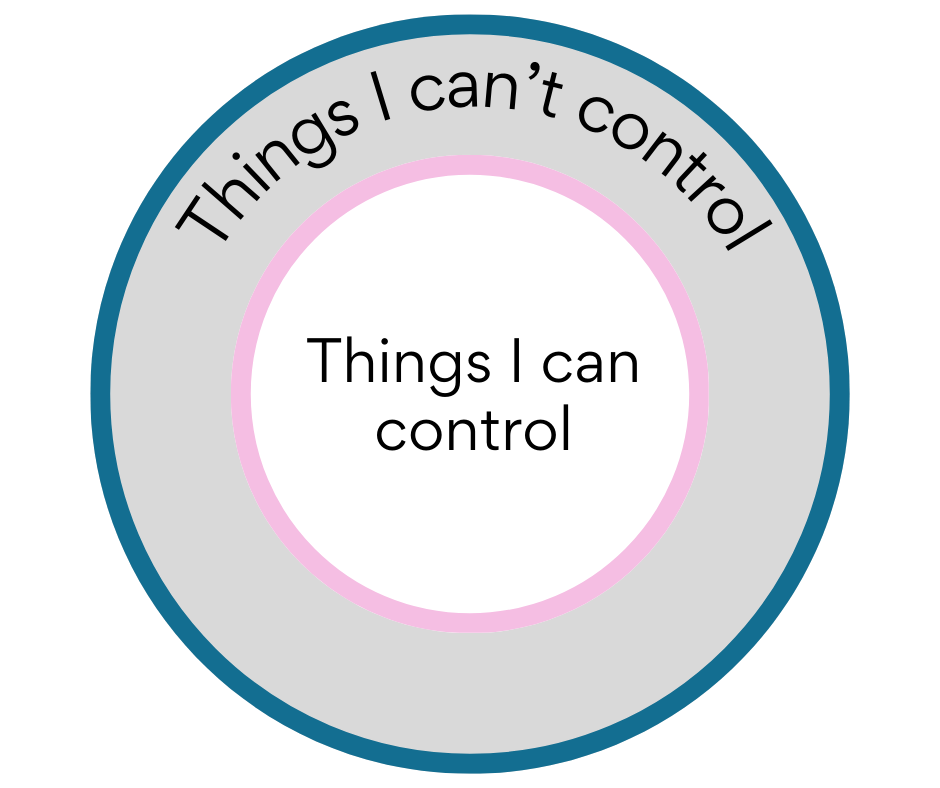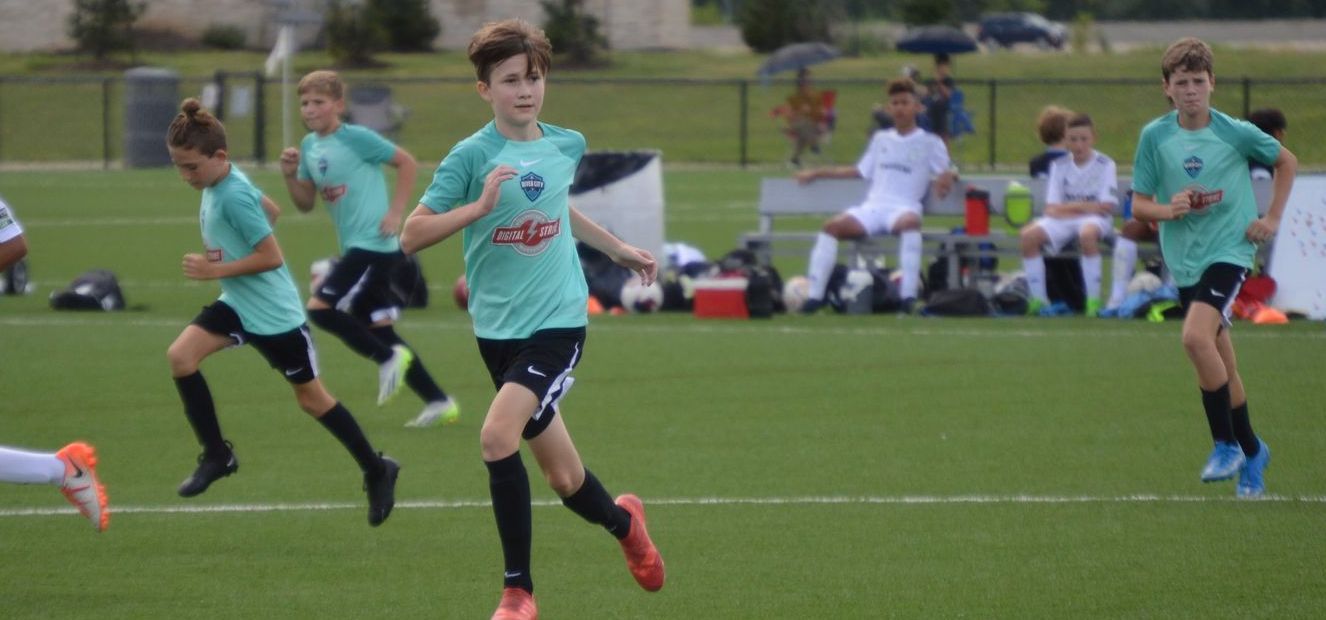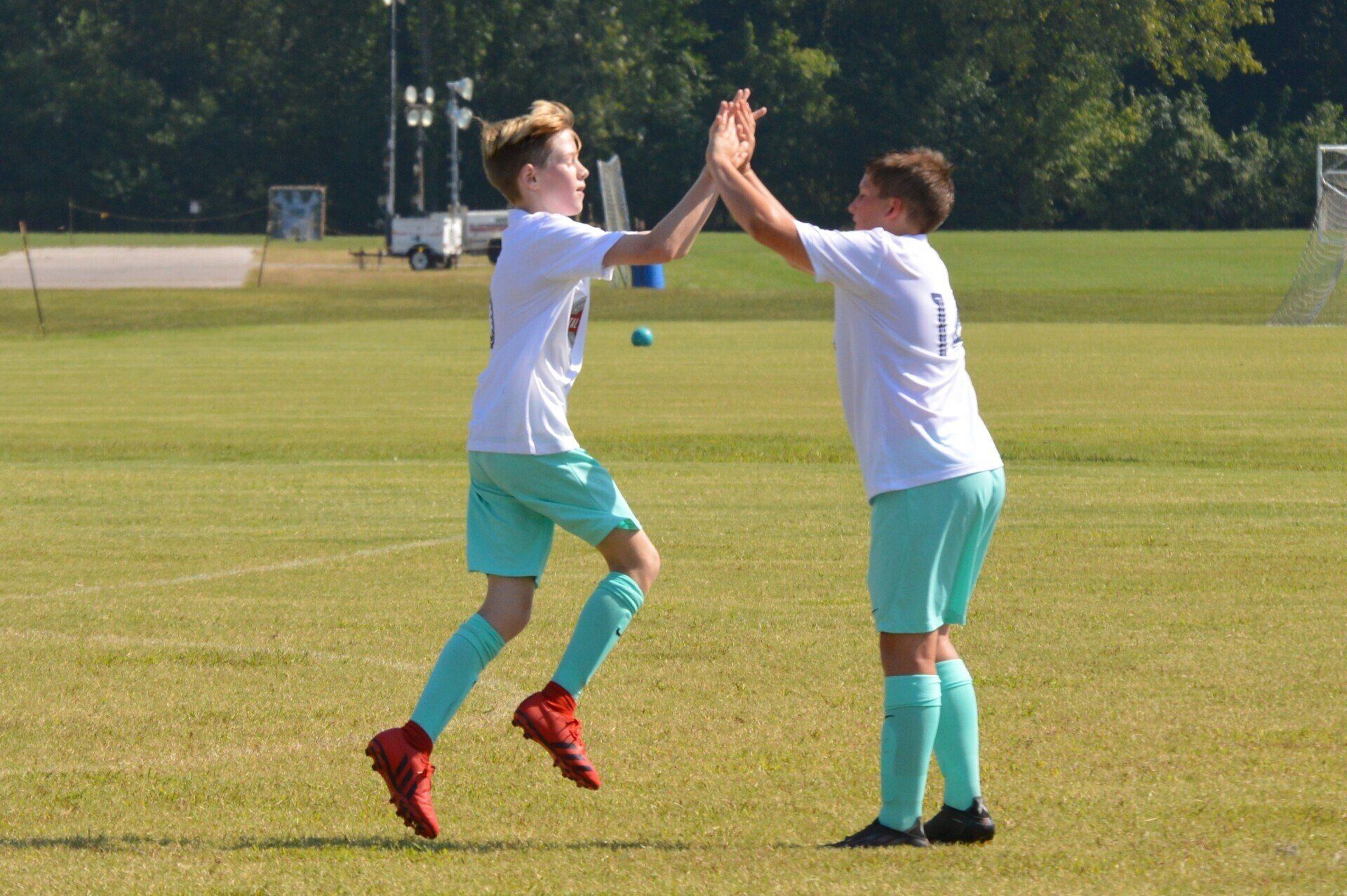Be More Aggressive: What We Really Mean
There are a few terms that get thrown around the field on game day by players, parents, and, most importantly, coaches that I’m not sure we fully understand or a used properly. One term, in particular, is often used without context or clarification and can be interpreted in a thousand different ways depending on the player hearing it. The term is aggression.
Aggression is a word used game in and game out, and at practices all around, but what does it actually mean? If I say, “Be more aggressive,” or “You’re not being aggressive enough,” can you tell me exactly what I’m asking for? Do I want you to run faster, be more physical, get angry, yell more, or work harder (an idea I’ll leave for another day)? Am I looking for you to be more intimidating, threatening, forceful, or just more energetic? As you can see, the idea of aggression—or being aggressive—can be interpreted in various ways depending on the coach or player. It can even mean something different from one moment to the next.
Aggression, by definition, is actually a negative behavior that often disregards the well-being of others. Think about a dog acting aggressively. Do we see that as positive behavior? In fact, aggressive behavior is generally defined as any behavior, including verbal threats or physical actions, intended to harm or intimidate another person, animal, or object.
So, do we really want our players to be more aggressive? Or, when we ask players for more aggression, are we actually asking:
- Can you be more assertive?
- Can you be more decisive?
- Can you be more proactive?
What does it mean to be assertive as a player?
Assertive players display confidence, take initiative, and communicate effectively and respectfully with their teammates. A player who is assertive will do what needs to be done, take charge in game situations, and play with conviction and the desire to be the best version of themselves at all times. Assertive players compete with intensity and determination, but always within the laws of the game.
What does it mean to be more decisive?
Players who are decisive often control the game. This doesn’t mean they don’t make mistakes or fail at times—it simply means they are able to make quick, confident, and effective decisions under pressure, without hesitation and without fear of making errors.
Being decisive is about taking in the information around you, making a decision based on that information, and executing it effectively through technical action. This could mean finding and delivering the proper pass or recovering defensively into the right space to block a shot or intercept a pass.
Players who master quick decision-making and effective execution tend to dictate the flow of the game, feel in control and confident, and can make things happen.
What does it mean to be more proactive?
Being proactive in a game is straightforward. It means being aware of what’s happening around you, anticipating situations, and taking initiative through action.
Being proactive starts in the brain: seeing the big picture quickly, understanding what is happening in the moment, anticipating what may or may not happen next, and then taking action accordingly.
Proactive players don’t wait to be told what to do—they are constantly active, especially mentally. They are always scanning the field, communicating, and planning before there is even a need for technical execution or physical performance.
Proactive players are problem solvers. They quickly recognize situations developing on the field and decisively address them. Being proactive means staying a step ahead, always playing on the front foot instead of simply reacting to what’s happening.
Words matter. As coaches, parents, and teammates, it’s important that we choose them carefully. Instead of asking players for more aggression, we should challenge them to be more assertive, decisive, and proactive. These qualities foster confident, intelligent, and skillful athletes who compete with intensity but also with respect—for the game, for their teammates, and for themselves. By shifting our language, we aren’t just creating better players; we are building better leaders, on and off the field.
